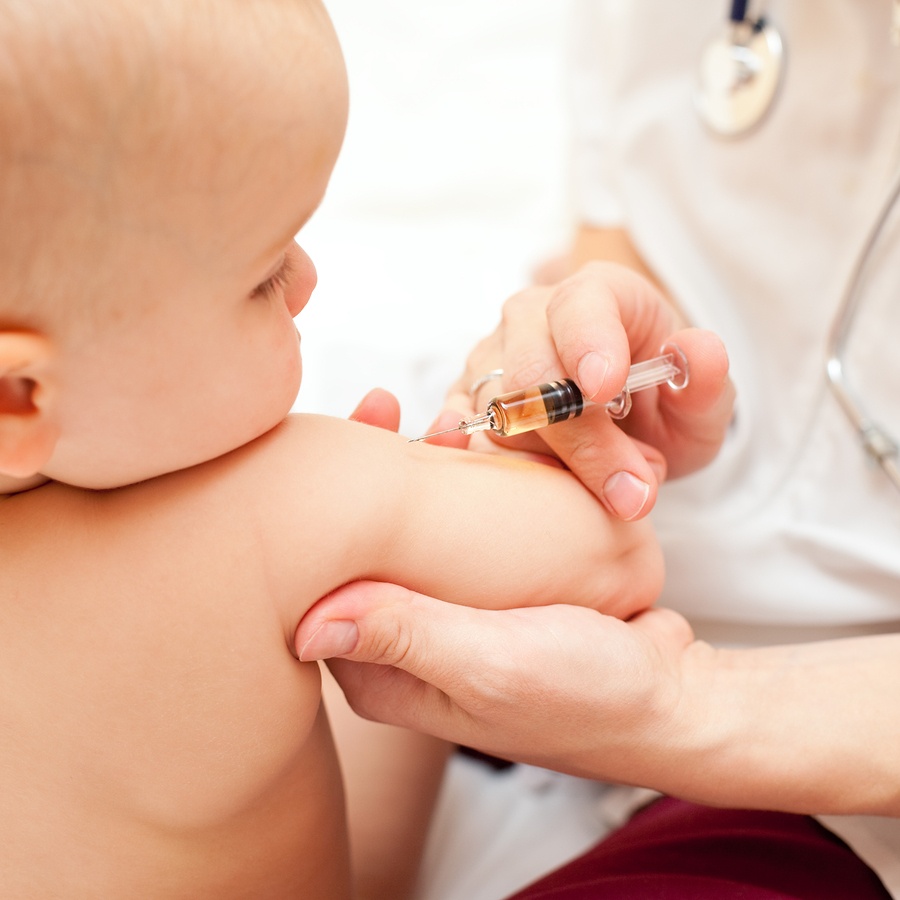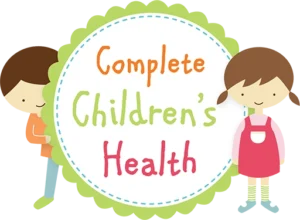As paediatricians, our primary goal is to keep children healthy and protected from preventable diseases. Vaccinations have been one of the most significant medical advancements in history, saving millions of lives and reducing the spread of deadly illnesses such as measles, whooping cough, and polio. Despite the overwhelming scientific evidence supporting their safety and effectiveness, some parents remain hesitant about vaccinating their children. Here, we explain why childhood vaccinations are crucial and what can happen if they are not administered.

Protection Against Serious Diseases
Vaccinations work by preparing the immune system to fight infections before exposure. Diseases such as measles, whooping cough, and polio once caused widespread illness, disability, and death. Thanks to immunisation programmes, these conditions are now rare in many parts of the world. However, the viruses and bacteria that cause them still exist, and without continued vaccination, these diseases can make a dangerous comeback.
For example, measles, once considered eliminated in many countries, has resurged due to declining vaccination rates. It is highly contagious, spreading through the air and causing complications such as pneumonia, encephalitis (brain swelling), and even death. Similarly, whooping cough (pertussis) is particularly dangerous for infants, leading to severe respiratory issues and, in some cases, fatal outcomes. Polio, which once paralysed thousands of children each year, remains a threat in certain regions and could return if vaccination efforts wane.
Herd Immunity: Protecting the Most Vulnerable
Not every child can receive vaccinations. Some have medical conditions that compromise their immune systems, making it unsafe for them to be immunised. These include children undergoing cancer treatments, those with severe allergies, or those with certain genetic conditions. These children rely on herd immunity—where a high percentage of the population is vaccinated—to prevent disease outbreaks.
When vaccination rates drop, herd immunity weakens, putting vulnerable children at risk. A single infected individual can spread disease quickly in communities with low immunisation coverage, leading to outbreaks that endanger those who cannot be vaccinated.
The Ramifications of Not Vaccinating
Choosing not to vaccinate a child doesn’t just affect that individual—it affects everyone. Unvaccinated children are more likely to contract and spread diseases, increasing the risk of outbreaks. This not only places other children in danger but also places strain on healthcare systems, leading to increased hospital admissions and preventable deaths.
In recent years, we have seen examples of what happens when vaccination rates decline. Measles outbreaks have reappeared in several developed countries, leading to hospitalisations and deaths. Whooping cough cases have surged in areas where vaccine hesitancy is prevalent, causing severe illness in newborns who are too young to be vaccinated themselves. These are not hypothetical concerns; they are real-life consequences of declining immunisation rates.
Vaccines Are Safe and Effective
Despite misinformation, extensive research has shown that vaccines are both safe and effective. Side effects, if any, are usually mild, such as a sore arm or mild fever. Serious adverse reactions are extremely rare. The benefits of vaccination far outweigh any risks, preventing suffering and saving lives.
As paediatricians, we urge all parents to ensure their children receive the recommended vaccinations. By doing so, you are not only protecting your own child but also contributing to the health and safety of the entire community. The science is clear—vaccines save lives.
